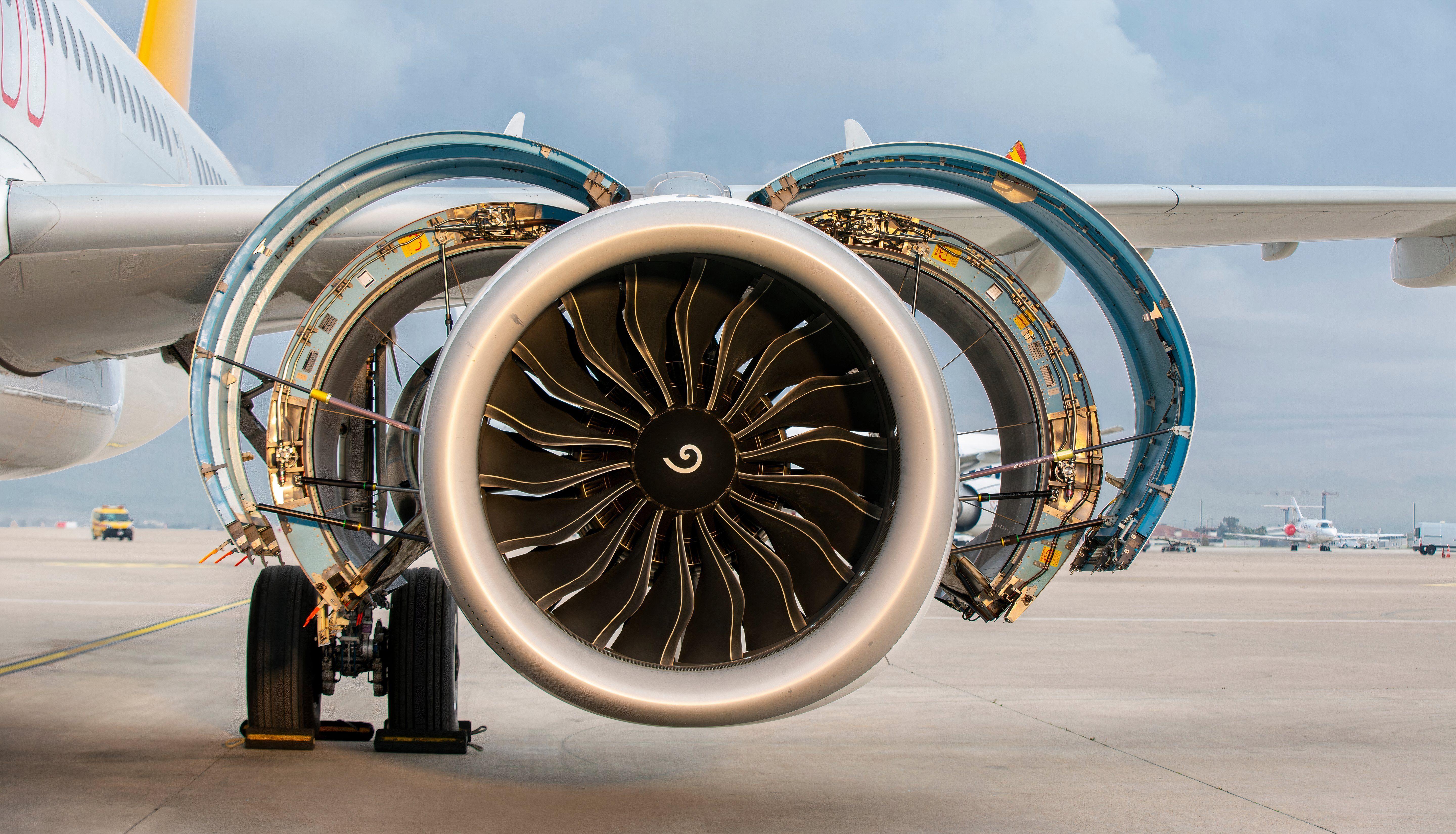
Smarter email, faster business.
Trending
The Impact of Artificial Intelligence on Air Cargo

The Impact of Artificial Intelligence on Air Cargo
At the recent Transport Logistic and Air Cargo Europe event held in Munich, industry leaders convened to examine the transformative influence of artificial intelligence (AI) on the air cargo sector. Moderated by Reji John, Editor of STAT Media Group, the panel delved into the current state of digitalization, the swift adoption of AI technologies, and the future direction of the industry.
Advancements and Opportunities in AI Integration
The panel featured prominent figures including Guillaume Crozier, Chief Cargo Officer at dnata; Oliver von Götz, Head of Global Fulfilment Management at Lufthansa Cargo; Denis de Farias Duarte, Vice President of Cargo Development at Fraport AG; Hashim Alsharif, Vice President of Strategy & Business Development at Saudia Cargo; Sami Al-Bassam, Director of Cargo & Logistics Partnerships at King Salman International Airport Development Company (KSIADC); and Moritz Claussen, Founder and Co-CEO of cargo.one.
Discussions underscored the widespread application of AI across logistics operations, ranging from optimizing supply chain management to enhancing cargo security screening processes. As AI becomes increasingly embedded in daily operations, there is a growing demand for sophisticated digital infrastructure and advanced hardware solutions. Panelists emphasized that these technological advancements are unlocking new business opportunities, particularly in the transport of high-value cargo commodities by air.
Challenges and Market Implications
Despite the promising outlook, the panel also addressed significant challenges associated with AI integration. The adoption of such technologies necessitates considerable investment in both infrastructure and innovation, which may present obstacles for smaller industry players. This dynamic risks accelerating market consolidation, as companies that embrace AI more aggressively are poised to gain a competitive advantage. In response, many competitors are intensifying their research and development efforts to incorporate AI into their operations, aiming to streamline processes and enhance overall efficiency.
Market analysts forecast robust growth for the air cargo sector, projecting a compound annual growth rate (CAGR) of 5.3% between 2024 and 2034. This expansion is expected to be driven by increasing global trade volumes alongside a sustained push for supply chain optimization through digital technologies.
The consensus among panelists was unequivocal: adopting AI is no longer optional but essential for maintaining competitiveness in the evolving air cargo landscape. Those who invest early and strategically in digital transformation are likely to be rewarded, while companies slow to adapt may face mounting challenges amid a rapidly consolidating market.